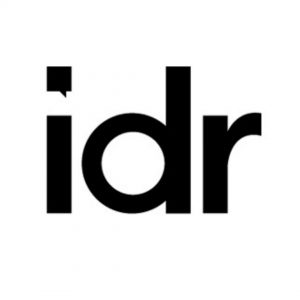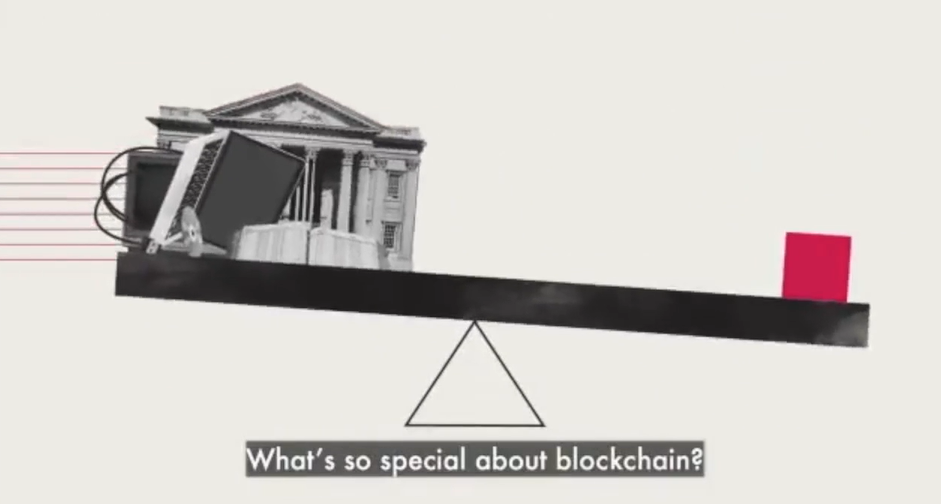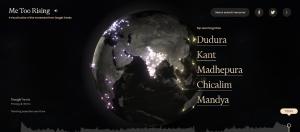What we’re reading
While the article is US-centric, it talks about an issue that is increasingly becoming important in India as well–the rise of misogyny and the increased incidence of sexual violence faced by women.
One of the reasons highlighted by the author is that while “feminists have always recognised the anguish that boys face in a patriarchal system, we haven’t built the same structures of support for boys that we have for girls.”
And because they are desperate for answers, we see these young men gravitating towards any form of community, and right now that space is being occupied by extremist, misogynistic forums.
While we completely agree with the premise of creating support structures for boys, why does it have to fall on those subjected to the hate and violence to do this? The feminist movement built the various support structures for women; but there seems to be no real interest from men in doing so for themselves. Why can’t the responsibility of creating these communities and safe spaces be taken on by them?
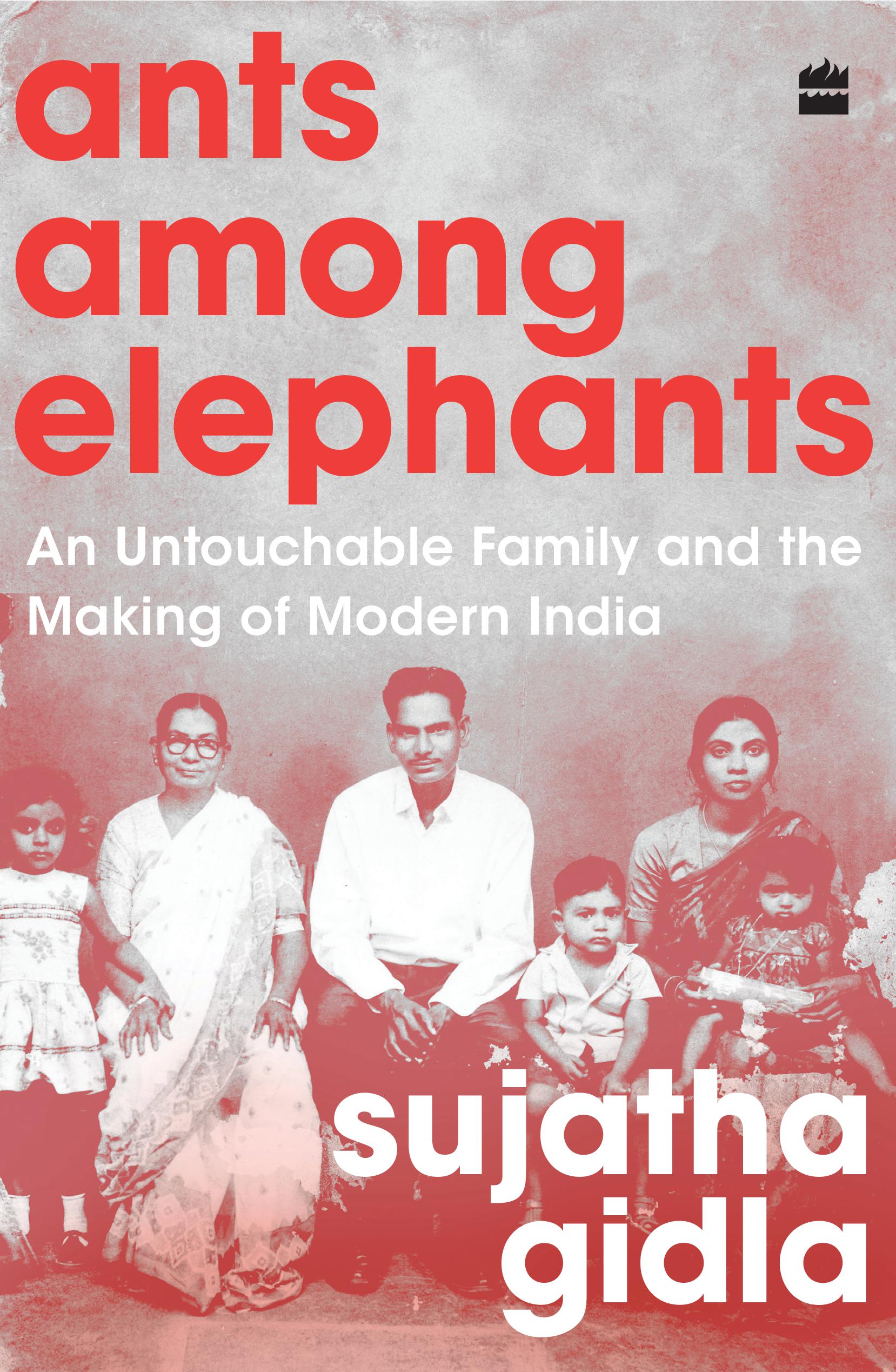
Picture courtesy: HarperCollins
Sujatha Gidla’s Ants Among Elephants, narrates the life of a Dalit family in the state of Andhra Pradesh. The book offers readers a visceral account of what it means to be born into inequality, oppression, and segregation as a Dalit in 20th century India.
The story, which spans nearly a century, mainly traces Gidla’s maternal uncle, K G Satyamurthy, or Satyam—a poet and one of the founders of the Naxalite movement in Andhra Pradesh—and her mother, Manjula, an intelligent woman who grapples with caste prejudice and misogyny throughout her life. As Scroll points out, both characters “were unconventional and progressive in their own ways; both equally heroic in the struggles they waged.”
Here are more reviews by The Hindu, the Guardian and the New York Times.
What we’re following
Point of View’s online forum Sexuality and Disability was built to normalise the idea that people with disabilities can be (and are) sexual beings as well. Along with addressing any questions a person with disability may have about their body, sex, relationships, or even about having children and parenting, they also have a weekly essay series, Skin Stories, where people share their personal experiences at the intersection of gender, sexuality, and disability.
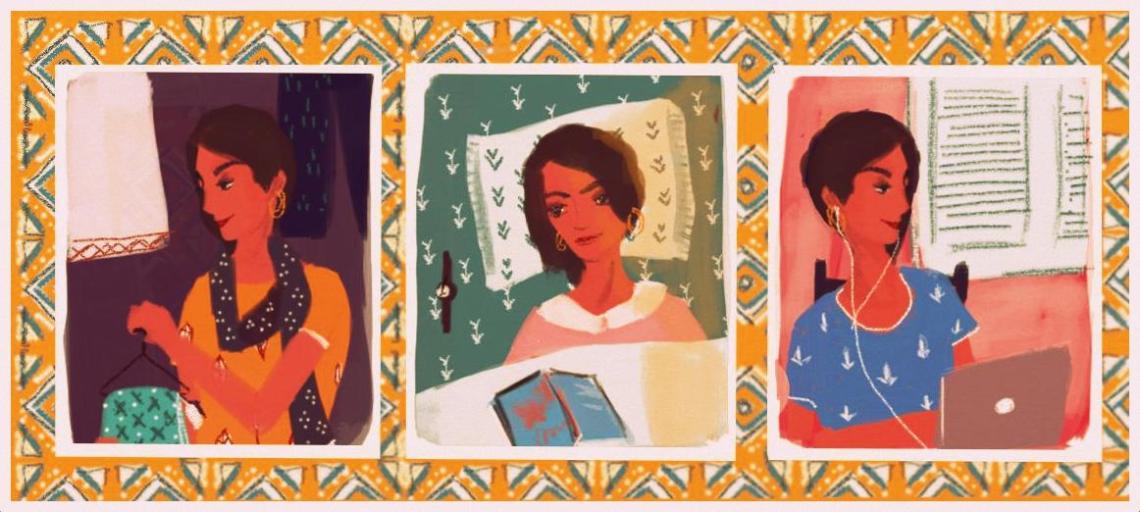
Picture courtesy: Upasana Agarwal for Skin Stories, Point of View
The essays offer fresh perspectives on love, sex, disability, and gender from more than 40 writers, most of whom live with either disability or chronic illness.
This August 14th, Agents of Ishq released a stunning new video on consent—because what better way to bring in Independence Day than with a celebration of choice?
The video is a refreshingly playful take on a topic that is usually framed by a lens of violence. Instead of looking at what a lack of consent can do, the actors celebrate pleasure—making decisions tan se, mann se, aur fun se—and in doing so, open up the conversation.
Watch it | Read about it | Join the conversation
Related article: Communications 101: Talking about your nonprofit
What we’re using
How often have you needed someone to design posters? Social media content? Business cards? With everybody moving online, well designed collateral has become indispensable. Unfortunately, as we all know, there isn’t always a budget to pay for this expertise.
That’s where Canva comes in.
An online software, Canva makes designing good looking material easy. There are pre-built templates for everything from infographics to web banners to presentations, and the best part? They’re all free.
The interface is easy to navigate (you need to have no previous design experience), customisable (you can save your organisation’s colour palette, fonts, logos, and more), and again, it’s completely free. We use Canva regularly, and hope you find it useful too.
If you need freelance work done, but are either on a budget, or don’t know where to look, Fiverr could be a great solution for you and your organisation. With rates starting at USD five and upwards, Fiverr is an online marketplace for freelance services, like graphic design, writing and translating, video and animation, digital marketing, data entry and analysis, market research, and a host of other services.
Although we haven’t had firsthand experience with the site, Fiverr has comprehensive review and rating systems in place, and it is easy for the buyer to identify sellers that suit their requirements, and are able to meet their expectations.


